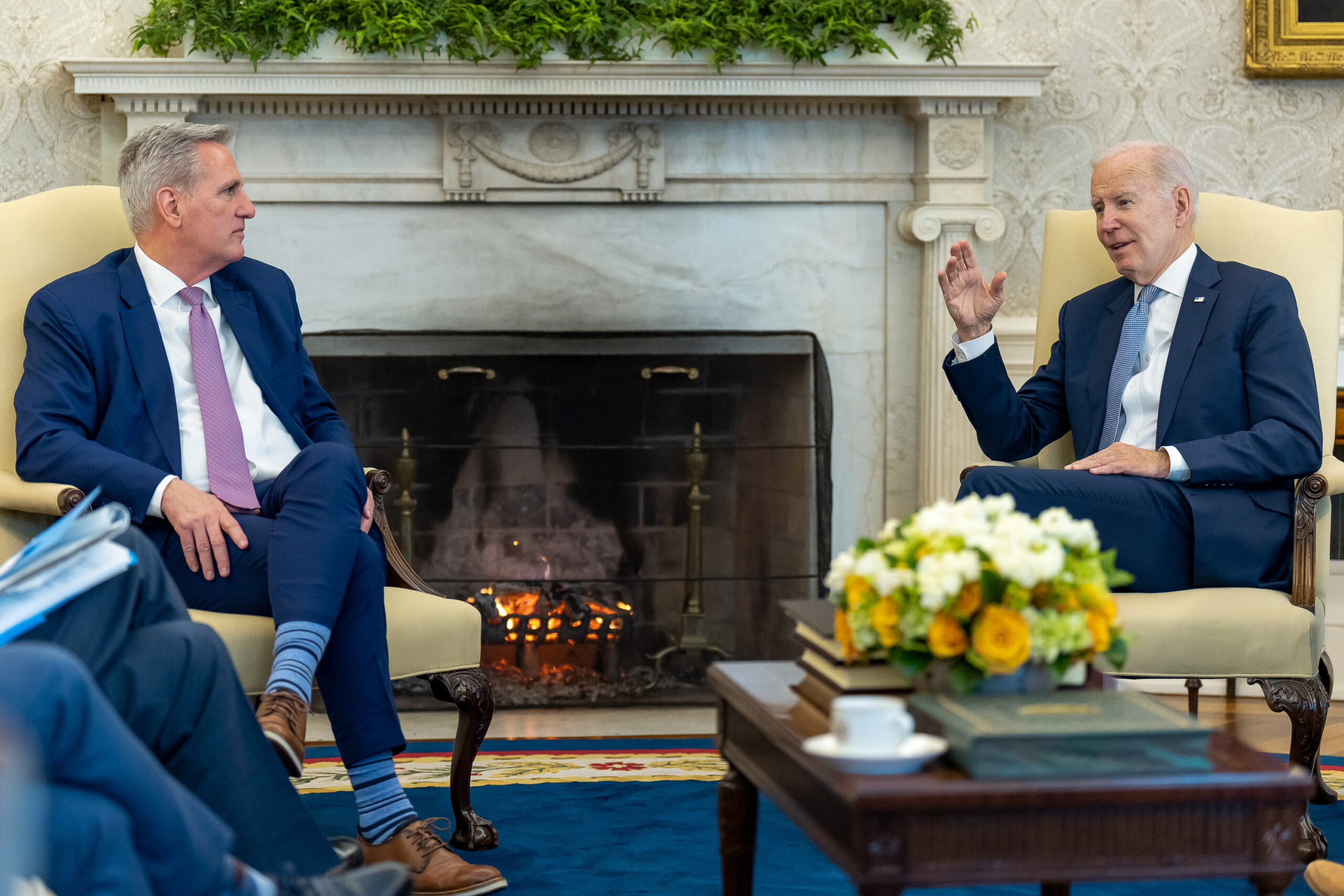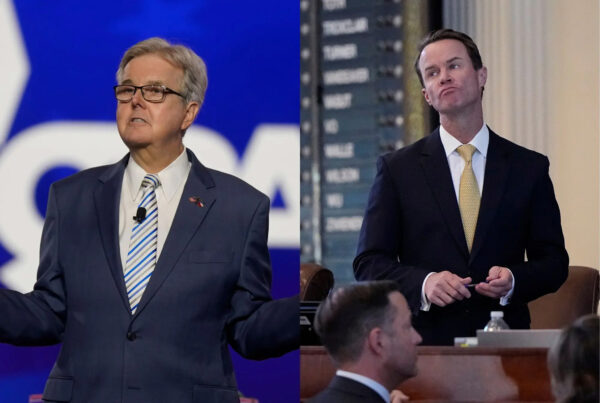If President Joe Biden and congressional leaders don’t strike a deal on the debt ceiling soon, the U.S. may reach its limit on spending and default on its debt.
This has never happened, though the country came close in 2011. If a deal isn’t reached, the consequences would be dire for financial markets around the world.
The debt ceiling itself goes back to 1917, during World War I. With federal bills mounting, Congress set an overall debt limit. Having a debt ceiling helped keep appropriations under control.
Since then, government’s become a lot bigger — Medicare, Medicaid and Social Security are all programs that have developed since then.
Jeronimo Cortina, a political science professor at the University of Houston, said Biden and House Speaker Kevin McCarthy met Monday night to try and get closer to a deal.
“Their statements after the meeting were very, I would say, optimistic,” Cortina said. “Still, we don’t have a particular deal, in terms of what’s going to be cut, if revenues are going to be raised by taxes or what the bill is going to look like. No one knows as of today.”
Cortina said a whole host of people could be affected if a deal is not reached — people who work for the federal government, people who receive social security, and many more.
“If they don’t reach a deal, then, you know, the stock market is going to go down… and we’re going to enter a global recession. So this is not only consequential for the U.S.,” he said. “It’s going to take a long, long, long time to fix. So for the regular federal employee, well, this is going to be very important. Because basically your employer is going to say, ‘hey, guess what? I don’t have much more money to pay and I have to pay bondholders first.’ So it’s going to be a huge, huge mess.”
Cortina said both sides are trying to use their political positions to their advantage.
“We have to put this into context because we have a presidential election (coming up next year). So the pivotal voter in the next presidential election is going to be independent voters,” he said. “And independent voters, according to some new polls, are more likely to blame the White House if we don’t come up with a deal. So Republicans are using these as a negotiation strategy.”
However, the White House has its own bargaining chips, including the fact that Republicans only have a slight majority in the House.
“Republicans have a very, very, very slim majority,” Cortina said. “So whatever deal McCarthy puts on the table, he has to be 1,000% sure that he’s going to have enough votes to support it. If even five or six Republicans go to the other side, he doesn’t have a deal. So a very tricky political situation for Speaker McCarthy.”
Cortina said Republicans are pushing for less spending and several other measures — but with a caveat.
“Republicans are asking for, you know, budget cuts. They want basically to put federal spending into 2022 levels,” he said. “They want to limit growth of the federal budget by 1%. They also want the return of unspent COVID-19 funds. The tricky part is that they say we need to cut, but you cannot touch defense spending. And defense spending is almost half of all discretionary spending. So the amount that the Biden administration would have to play with gets smaller and smaller and smaller. And even those smaller parts are the key priorities for the Biden administration.”















